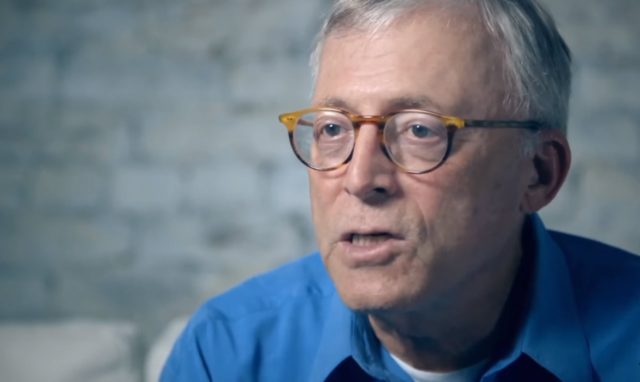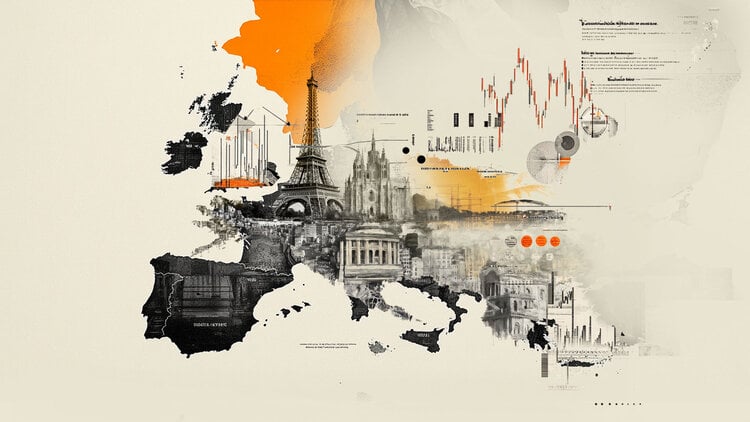According to the claim filed by the Bankex Foundation and the general director of the Bankex Igor Khmeel, the New York Supreme Court, former Bankex employees Alexander Vlasov and Peter Korolev could steal the company’s technology to establish Matter Labs. The company has become a major player in the blockchain industry, having received financing more than $ 450 million from venture investors.
The lawsuit stated that in 2017, the co -founder of Ethereum Vitalik Buterin addressed Bankex with a request to develop software for Plasma technology, which was designed to reduce the commission on the Ethereum network. At that time, Vlasov and Korolev were employees of Bankex and were supposed to work on the Plasma project, but instead they developed a “competing Matter Labs company to assign Bankex blockchain technology for their own use and competition with Bankex.” The plaintiffs claim that these two developers secretly transferred Bankex technology to Matter Labs and stored operating code bases using the company’s resources and finances.
Now Alexander Vlasov is held by the head of the research and development department at Matter Labs, and Peter Korolev is the founder of Oxorio, which operates in the field of blockchain security. The co -founder of Matter Labs Alex Glukhovski, the Dragonfly Cryptoine Investigation Fund, Placeholder Capital, and former Matter Labs Director, Chris Burniskey, are also accused of theft of intellectual property.
The representative of Matter Labs called Bankex’s claims groundless. According to him, the essence of the complaint is that Matter Labs built a ZKSYNC based on a code originally developed in Bankex, but this is categorically incorrect. ZKSYNC is an original technology, emphasized in Matter Labs.
In 2023, the Polygon management also accused Matter Labs of plagiarism, but the company denied accusations of copying the source code. In the same year, Alex Glukhovsky proposed to create the “Supreme Court of Ethereum”, where disputes could be decided, as in the real world.
Source: Bits
I am an experienced journalist, writer, and editor with a passion for finance and business news. I have been working in the journalism field for over 6 years, covering a variety of topics from finance to technology. As an author at World Stock Market, I specialize in finance business-related topics.







